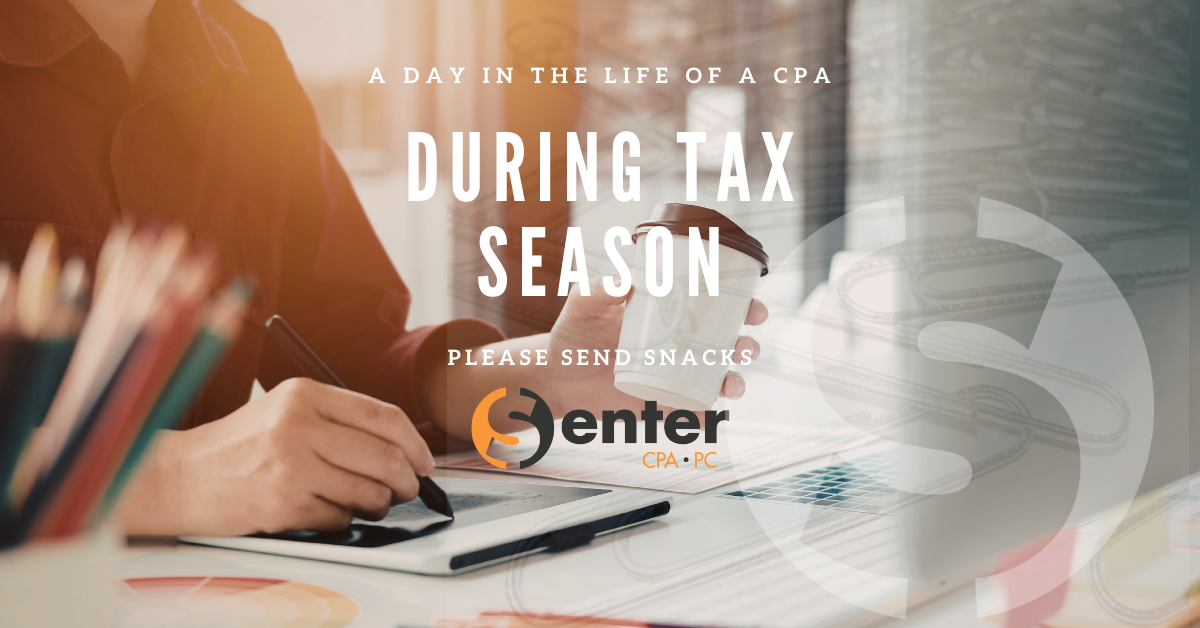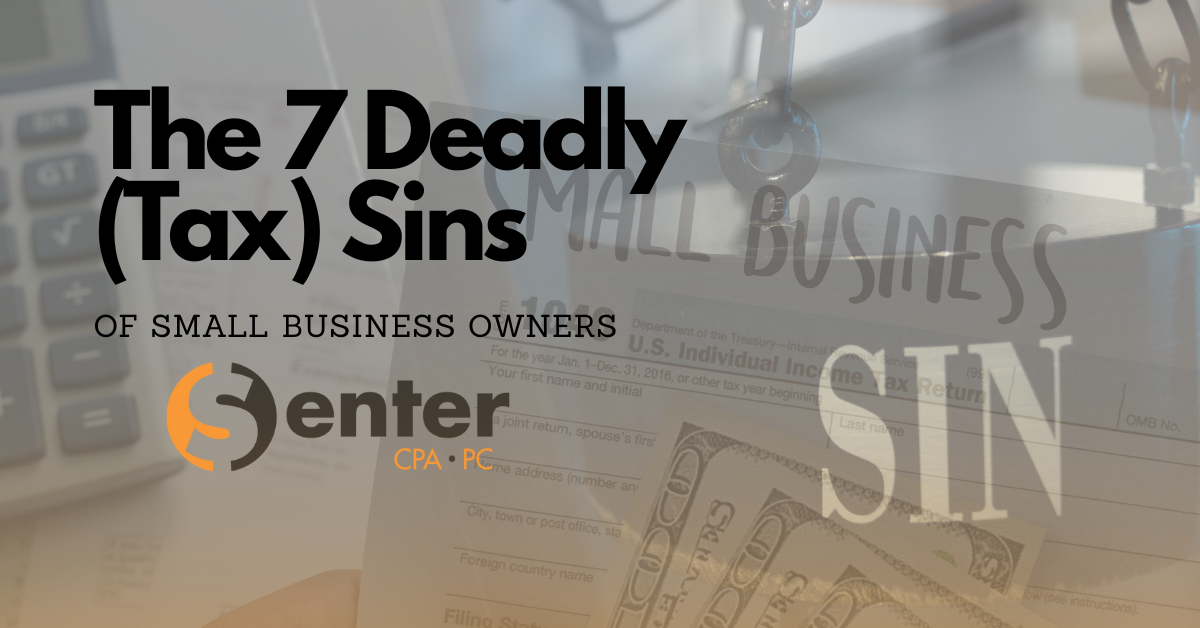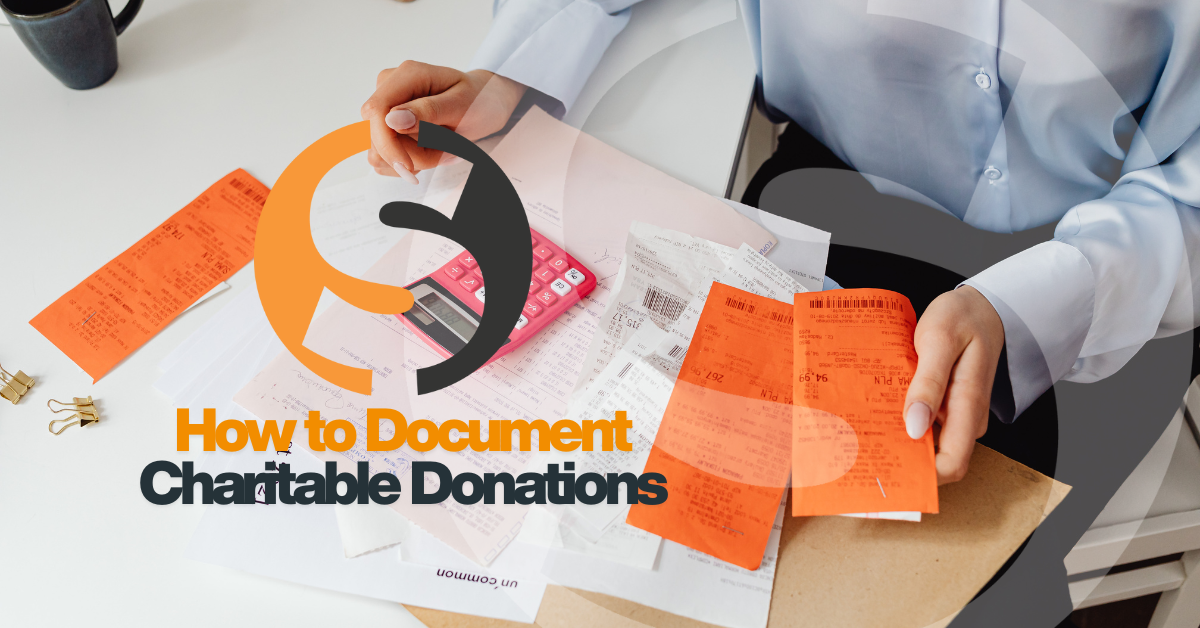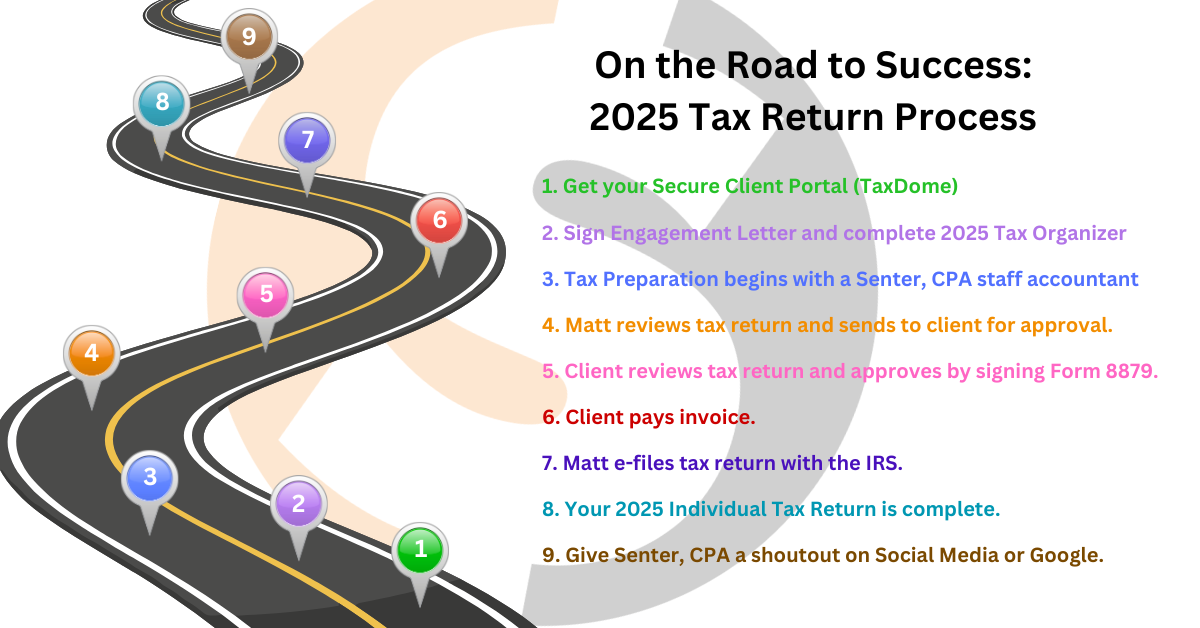One of the most valuable investments you can make as a business owner is to invest in data protection and retention. Far too often, we see clients who don’t make the investment and subsequently lost important accounting and finance data because of a drive failure on a PC or worse, flash drive.
The cost can add up, depending on how much data you have and how many backups you are keeping, so it’s important that you keep your data current and clean it up often so that your data doesn’t balloon the cost of backups. You will want at minimum, 3 copies of your data for disaster recovery. This includes the original copy, stored in its normal home (server shares, desktop PC, network attached storage device, etc.), your local backup which should be on premise (another server in your office acting as a backup server or a network attached storage device), and finally an offsite “Cloud” copy.
Why is this important from a tax standpoint? Easy! Your accounting and tax data is single handedly, the most important data you have. Without this information, you cannot run your business. What would happen tomorrow if your server was compromised and all your data encrypted? (believe us, this happens far more often than you can ever imagine!) Or, you had a catastrophic drive failure on your server and your one and only backup failed 4 weeks ago but you didn’t know it? How would you handle that? If you cannot answer that question, it’s time to make sure you have those 3 backups and they are active, running every day and are completing successfully. You should also be doing random data recovery tests from those backups to ensure the data is there and accurate.
Were not going to go into backup policies, retention periods, backup schedules and so on in this article but we do suggest you discuss all of those with your IT department or IT person and if you don’t have someone who handles it or need suggestions for a 3rd party, let us know! We can recommend someone to you if needed.
Feel free to contact us HERE with any questions!














